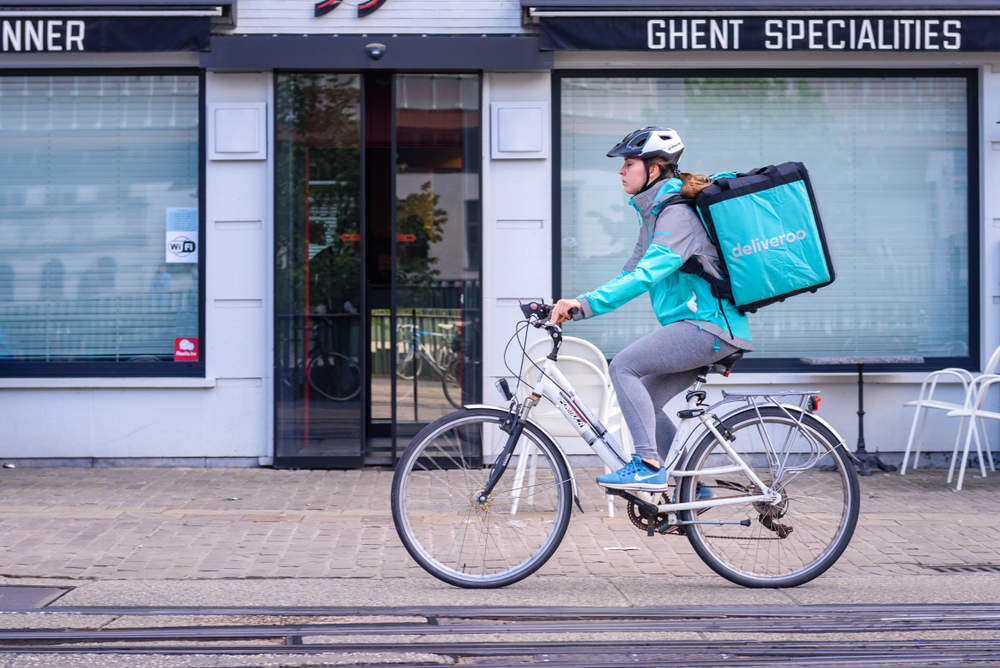Incumbent insurers need to respond by developing products to cater for the growing need for gig economy insurance. If they don’t, it will become a stronghold for insurtechs.
The gig economy is currently served by a number of insurtechs, with large, composite insurers being absent on the whole.
The market holds great potential, with gig platforms beginning to offer workers free insurance. However, incumbents still appear to lack the appetite, leaving the door open for insurtechs.
Deliveroo is one such platform that is looking to provide its approximately 35,000 workers with free insurance cover. The cover itself will provide workers with a lump sum payment of up to £50,000 for injuries sustained whilst working with Deliveroo.
With the size of Deliveroo’s workforce it might’ve been expected that such a product would be provided by large composite insurers.
However, it has recently come to light that Deliveroo’s insurance will be provided through a partnership between cyclist insurer start-up Bikmo and Compass Underwriting, highlighting that once again insurance in the gig economy is a market dominated by insurtechs.

US Tariffs are shifting - will you react or anticipate?
Don’t let policy changes catch you off guard. Stay proactive with real-time data and expert analysis.
By GlobalDataWith Deliveroo being one of the most well established companies within the gig economy, this announcement could set a precedent for other companies that currently do not offer workers any form of insurance.
Should this be the case, composite insurers should be quick to act and seize the opportunity to gain a foothold with gig economy insurance, before it becomes a stronghold for insurtechs.








